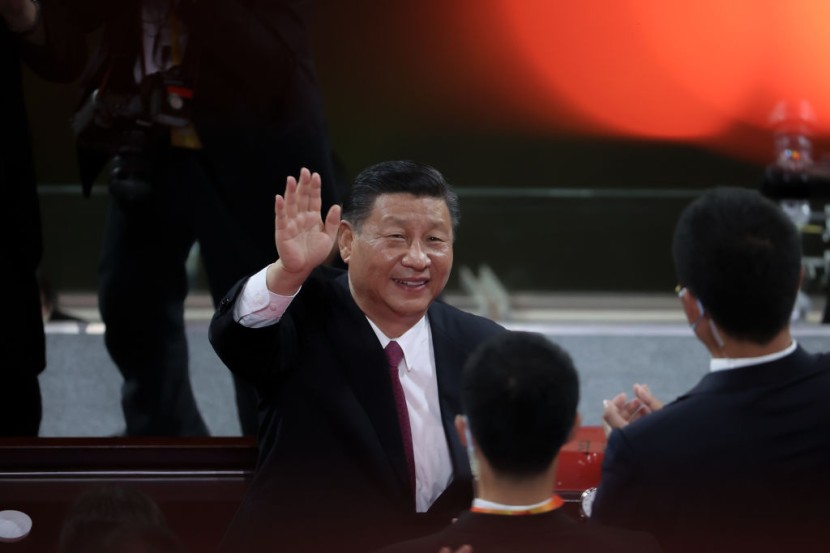
On Tuesday, Xi Jinping told the United Nations General Assembly that China will stop promoting the expansion of the world's dirtiest fossil fuel in other countries, a huge step toward addressing climate change: "China will not build new coal-fired power projects abroad," he stated.
Xi Jinping's statement, made in prepared remarks, was an unexpected step aimed at bolstering China's position in global efforts to reduce greenhouse gas emissions. China now accounts for the majority of emissions.
With a massive 40 gigawatts of coal power planned, it is by far the largest producer of coal in the country and the largest funder of coal-fired power plants abroad. China's move was hinted at early this year.
China does not mention domestic coal plants
China did not fund new coal projects as part of its global development initiative, known as the Belt and Road Initiative, in the first six months of 2021 for the first time in several years.
Civil society groups in Bangladesh, Kenya, and Vietnam have been vocal in their opposition to Chinese coal projects, as per The NY Times. The US has often chastised China for assisting in the construction of coal-powered facilities in other countries. On Tuesday, there was no quick response from the White House.
The Chinese leader did not mention China's domestic coal plants during the UN General Assembly. It is developing the world's largest fleet of coal-fired power plants, and coal still provides the majority of its electricity.
Xi Jinping also made no new disclosures regarding the Chinese government's intentions to reduce emissions by 2030, other than reiterating his commitment to attain peak emissions by the end of the decade. That is well short of what is required to keep global warming at 1.5 degrees Celsius, beyond which the world faces a far higher risk of catastrophic climate consequences.
Neither President Biden nor Chinese President Jinping mentioned specifically one another's country directly in high-profile comments at the United Nations General Assembly on Tuesday, which some saw as a sign of both leaders' desire to identify areas of collaboration.
Xi Jinping reaffirms commitment to reach carbon emissions
"Foreign military intervention and so-called democratic transformation entail nothing but harm," Xi Jinping added, without addressing the United States specifically. China would also stop supporting coal projects in other countries, Big News Network reported.
China now accounts for the majority of emissions. With a massive 40 gigawatts of coal power planned, it is by far the largest producer of coal in the country and the largest funder of coal-fired power projects overseas.
Xi Jinping noted that China still had work to do on climate at home, reaffirming a previous commitment to "strive" to reach peak carbon emissions by 2030 and carbon neutrality by 2060.
Per Reuters, Xi did not offer any specifics; but depending on how the policy is executed, it may severely restrict coal plant funding in poor countries. China has been under a lot of diplomatic pressure to stop financing coal projects in other countries because it might make it simpler for the globe to stick to the Paris climate agreement's aim of reducing carbon emissions.
Xi's statement came after similar measures by South Korea and Japan earlier this year, and UN Secretary-General Antonio Guterres and US climate envoy John Kerry have encouraged China to follow suit.
Some experts have criticized the objectives as not being ambitious enough, but they did allow Beijing to claim moral high ground on the subject when then-US President Donald Trump withdrew from the Paris climate accord after calling climate change a "hoax." China, the world's greatest producer of greenhouse gases, continues to rely heavily on coal for its domestic energy needs.
Related Article: Xi Jinping Reportedly Denies Joe Biden's Offer To Meet Face-To-Face; White House Claims Discussion Ongoing With China
@YouTube
© 2025 HNGN, All rights reserved. Do not reproduce without permission.








